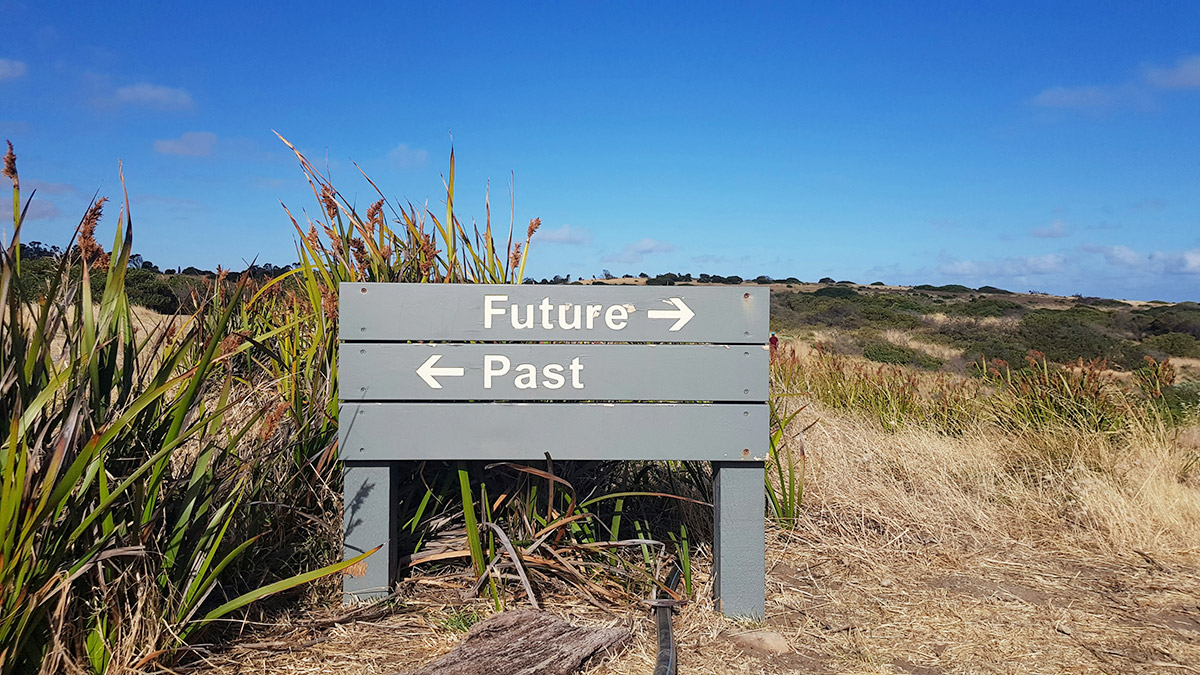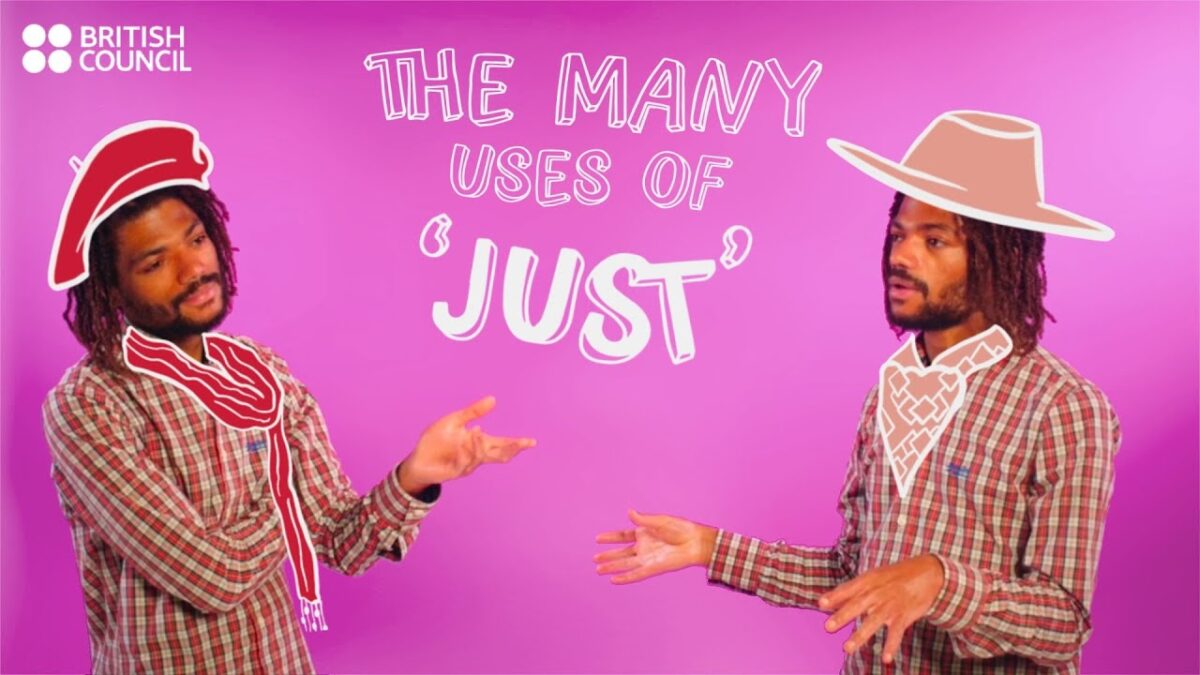Learned or Learnt? Mastering Past Tense Verbs in English

Understanding and correctly using past tense verbs are essential for anyone learning English.
Learn more about how verbs change to show something happened in the past, like the difference between “learned” and “learnt”. Plus, discover some verbs that don’t follow the usual rules and get some helpful tips to help you avoid common mistakes.
Understanding variations of past tense verbs
Using the past tense can be simple, like adding “-ed” to a regular verb, making “walk” into “walked”. However, not all verbs are this straightforward. This is where variations come in and why they matter so much.
For example, the irregular verb “go” changes to “went”, not “goed”. And then there are words like “learn”, where both “learned” and “learnt” are correct past tense, depending on which style of English you are writing in.
Understanding these differences allows you to express yourself more accurately and understand others better, too.
Exploring variations of past tense verbs
The way that certain verbs change from their base form to their past tense can vary significantly between British and American English. Here’s a closer look at three common verbs and how their past tense forms differ across these varying regional styles.
Learned vs. Learnt
In American English, “learned” is the standard past tense and past participle form of the verb “learn.” It’s used in sentences like “I learned a lot yesterday.” However, in British English, “learnt” is also commonly used with the same meaning, as in “I learnt a lot yesterday.”
While both forms are understood in both variants, “learnt” is perceived as more traditionally British.
Dreamed vs. Dreamt
“Dreamed” and “dreamt” serve as another example where both forms are acceptable but are divided by regional preferences. American English typically uses “dreamed” when referring to the past tense of “dream,” e.g., “He dreamed about flying.” British English often opts for “dreamt” in the same context.
Despite the difference, both forms are correct and widely accepted.
Burned vs. Burnt
The verbs “burned” and “burnt” highlight a similar pattern of regional variation. “Burned” is the preferred form in American English, fitting the regular construction pattern by adding “-ed” to form the past tense, as in “The candle burned brightly.” On the other hand, “burnt” is frequently used in British English, not only as the past tense but also as an adjective, “The toast was burnt.”
Again, both forms are correct and recognised across both language variants.
Common mistakes learners make with past tense verbs and how to avoid them
Mistake #1: Using “goed” instead of “went”
Example: Incorrectly saying “Yesterday, I goed to the park” instead of using the correct past tense of “go”, which is “went.”
How to avoid this: A fun way to remember the correct past tense of “go” is to imagine “went” as a special ticket used only for trips taken in the past. Each time you talk about a journey already completed, remember to use your “special ticket” and say “went.”
Mistake #2: Misusing the past tense of “be”
Example: Incorrectly using “was” and “were,” such as saying “We was at the cinema” or “He were happy.”
How to avoid this: Picture “was” as a lone walker and “were” as a group hiking together. This visual can help you recall the correct form based on whether you’re talking about one person or many.
Mistake #3: Forgetting irregular verb forms like “eat”
Example: Applying regular past tense endings to irregular verbs, like saying “I eated breakfast” instead of “I ate breakfast.”
How to avoid this: Make a habit of jotting down new irregular verbs you come across, along with their past tense and past participle, in a special notebook or app. Regularly review your list, perhaps even turning it into a quiz for yourself.
Practice makes perfect with our English Online courses
Get ready to master past tense verbs with the British Council English Online courses, tailor-made to suit your needs.
Our expert English teachers are on a mission to help you improve your English speaking, reading, and writing skills. From verbs to vocabulary, we’ve got you covered.
Explore our courses today and start practising what you learnt (and learned!) in this article.
Related reading
- Video: How to use the past perfect and the past simple
- Video: How to pronounce past tense endings
- Blog: Mastering irregular verbs: The key to higher IELTS score




